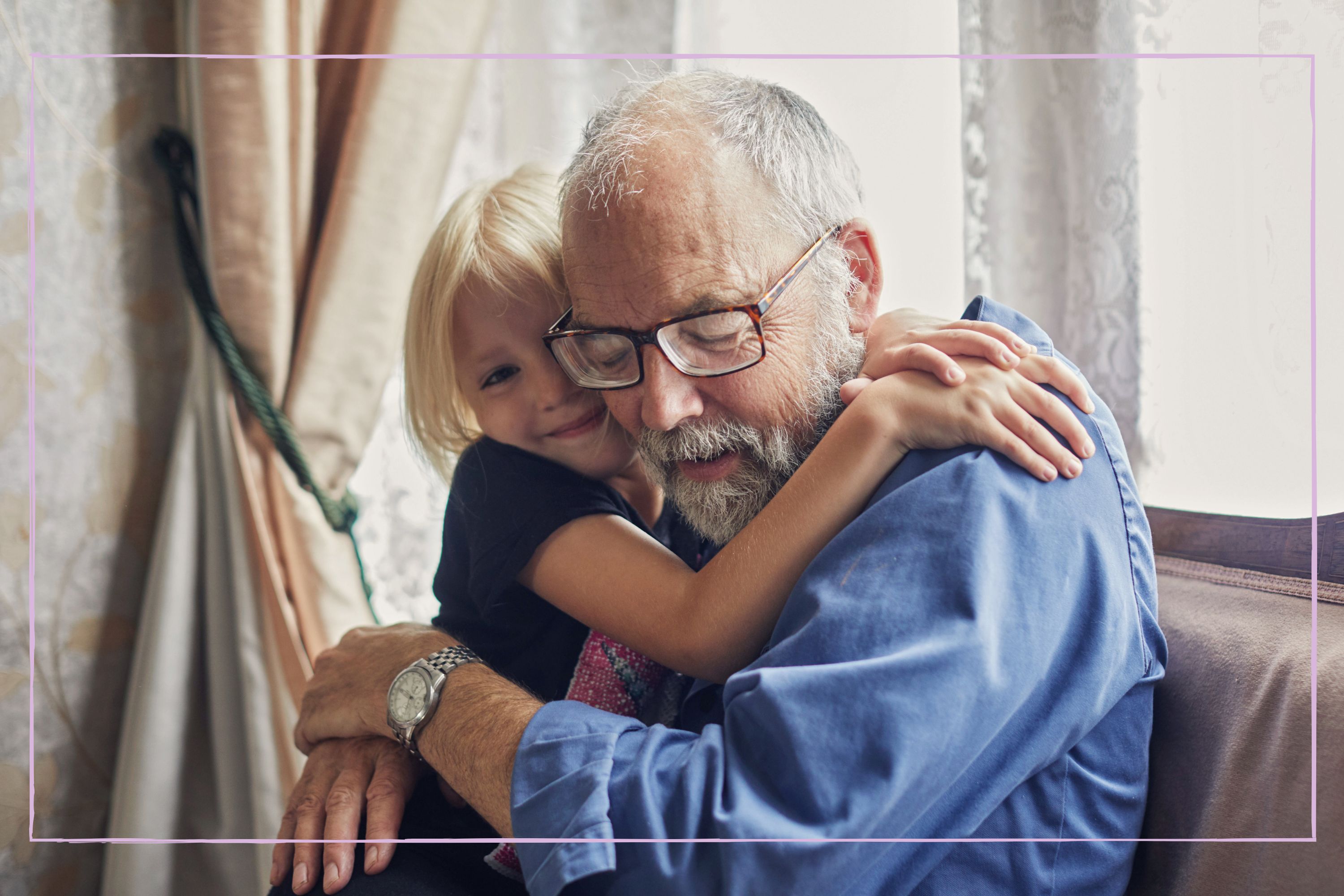
New research has found that grandparents are getting older, changing the dynamic of many families - this is what it could mean for yours.
New research is always popping up and bringing to light things we never knew to be true, but it's often hard to take new insight and know how to apply it to your everyday life, or realise the true impact it may have on you and your family. Of course, research into the online world often leads us to better learn how to keep kids safe online or decide if TikTok is safe for our kids, but others, like new research by the Max Planck Institute for Demographic Research (MPIDR) that shows grandparents are getting older, is harder to apply.
First, the stats. In their paper, titled Projections of Human Kinship for All Countries, researchers at the MPIDR laid out data showing that, on average, grandparents are living longer.
So what does that mean for families? It's majoritively good news. Because grandparents are living to be older, Diego Alburez-Gutierrez, the study's lead researcher explains, "The probability that a newborn baby will have a living grandparent, let’s say in countries of the Global North, it will be 100% in the coming years. In Europe, it will be increasingly common [for a baby] to have up to six living great-grandparents when they are born.”
However, families of the future, while having more generations alive at one time, will be smaller than they are now. “You’re going to have fewer 'lateral kin', [meaning] siblings [and] cousins," Alburez-Gutierrez says, with families becoming “more vertical” than they are now.
In addition, the data showed increasing age gaps between family generations, with people becoming grandparents and great-grandparents at later stages in life. So if you have your child at 30, and your child doesn't have their first child until they're 40, for example, you won't become a grandparent until you are 70. That's still a healthy age to be a grandparent, but if those gaps keep growing - despite increasing life expectancies - many grandparents of the future may be frail or disabled when they do become grandparents (though research has suggested that grandparents are likely to live for longer if their children have kids later in life).
This still poses a problem though. The research largely assumes grandparents getting older as a good thing, increasing the chances of multiple generations of one family unit meeting each other and enjoying the company - as well as having more relatives to provide childcare and give kids all the benefits grandparents offer like teaching their grandkids important life lessons and offering the emotional and behavioural benefits a good grandparent/grandchild relationship can bring. But, in reality, an elderly grandparent's good health is not guaranteed.
“The increased availability in the sense of grandparents and great-grandparents in the future, which we think is going to happen, doesn’t necessarily mean that there will be more sources of informal care within families,” Alburez-Gutierrez said. “Actually it may be the other way around. We’ll place more of a burden on the current generation.”
This leaves parents with not only the responsibility of caring for their kids, but also their parents and their grandparents and, perhaps, even their great-grandparents at the same time. And with the more vertical family trees expected to take hold, meaning less siblings and cousins to offer support, the current generation could be left struggling.
The solution lies only in country-wide legislation that could take the pressure off of families and onto the state, Ellen Carbonell, a professor of social work at Rush University, told The Huffington Post.
“This country has no comprehensive long-term care system, particularly for older adults," she said. "It is crucial that this issue be explored and dealt with promptly, as an increasingly ageing population will be needing care for which there is currently no plan."
Keep up to date with more family news like your facial features may be influenced by what your mum ate during her pregnancy and spending time with grandkids just once a week can reduce the risk of grandparents developing dementia - but there's a fine line all parents should know. Plus, could 'lazy parenting' be the next big thing? Two psychologists share why it can be beneficial for development, but not everyone agrees.







